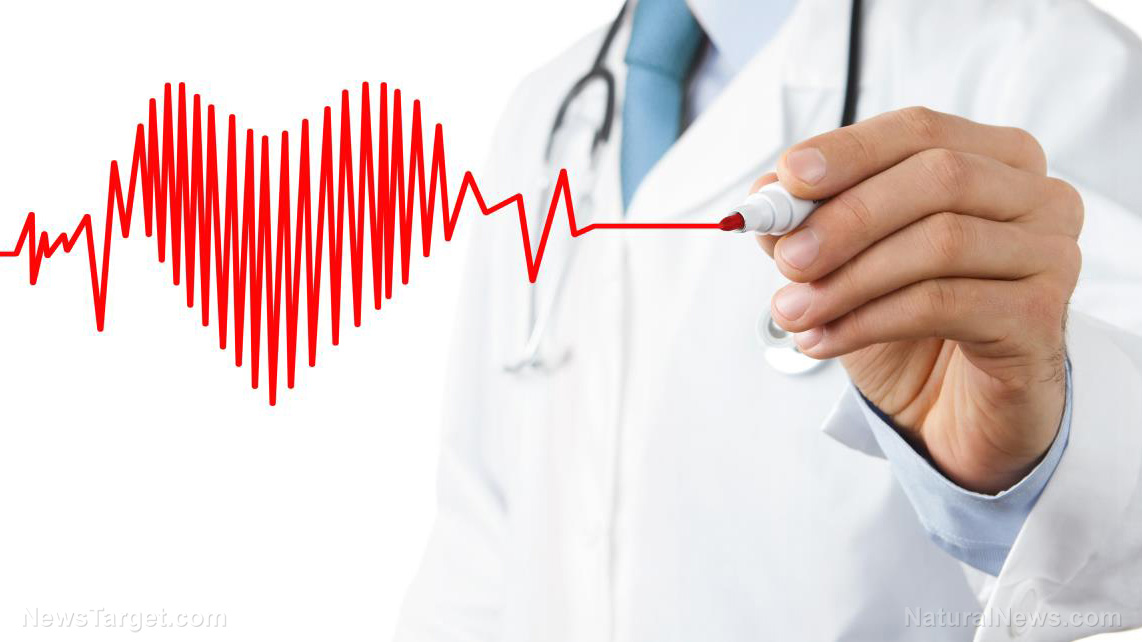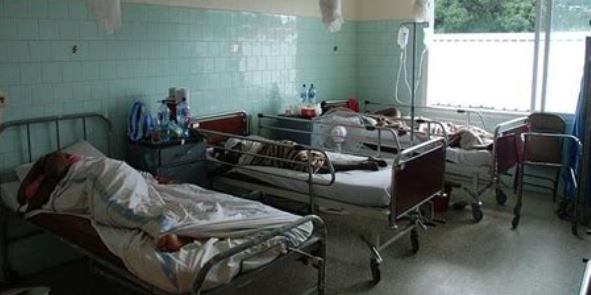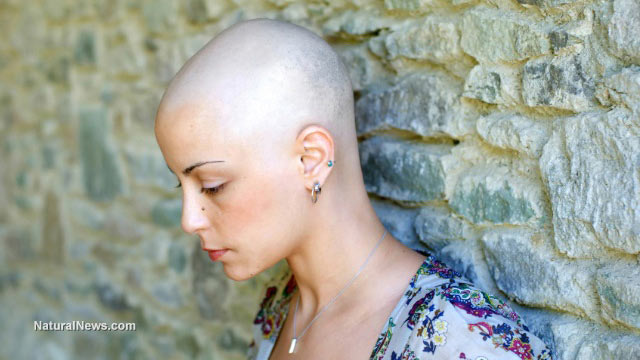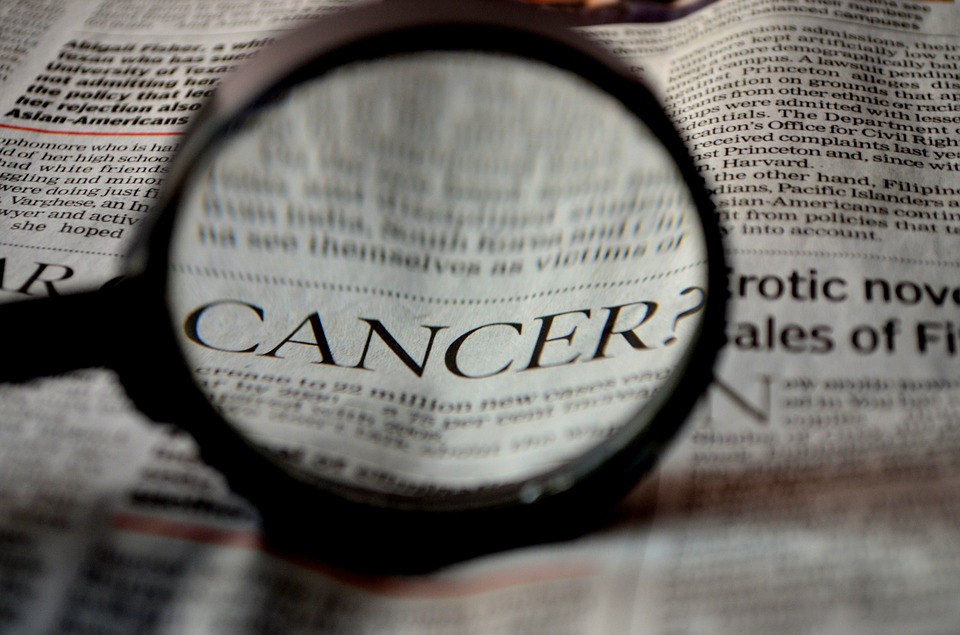Warning from the American Heart Association: Breast cancer treatments, such as radiation and chemo, can cause heart failure
02/14/2018 / By Isabelle Z.

Sometimes the cure is worse than the ailment, the saying goes, and a new warning from the American Heart Association is shedding light on the quandary many women face when weighing breast cancer treatment against the potential side effects.
According to the group, some of the most popular breast cancer therapies can actually damage the heart significantly. They report that problems like heart failure, valve problems, and abnormal heart rhythms are the most common heart-related side effects of getting cancer therapy. These problems might not appear until a long time after the treatment has come to an end.
The treatments identified as having the greatest risks to heart health include chemotherapy, targeted therapy and radiation. Breast cancer survivors who have a particularly heightened risk of cardiovascular disease include those who are exposed to radiation and chemotherapy that damage the heart and those with a sedentary lifestyle that causes weight gain while they undergo treatment. Those with pre-existing risk factors for heart disease, including unchecked or uncontrolled high cholesterol or high blood pressure throughout their treatment, also have a higher risk.
More than 48 million American women are dealing with cardiovascular disease, and more than four million are currently living with breast cancer. With the leading cause of death for American women being cardiovascular disease, experts are now urging patients and doctors to give serious consideration to the cardiovascular effects of the treatment options on the table.
The immunotherapy drug Herceptin, for example, raises the risk of heart failure, while radiation therapy can block or narrow arteries. Eight treatments with the chemotherapy drug doxorubicin can raise a woman’s risk of heart failure by five percent, while 14 doses raise it by an incredible 48 percent. It has been suggested that administering it more slowly could reduce its impact on the heart. Other cancer drugs have been known to tighten artery muscles and cause abnormal heart rhythms, increasing heart attack risk.
Breast cancer survivors who are older than 65 are actually more likely to die from heart failure and other cardiovascular problems than breast cancer, so it’s a matter that deserves very careful attention when choosing a treatment route.
It is also worth noting that the two conditions have many risk factors in common, such as smoking, family history, poor diet, and age. Moreover, hormone replacement therapy is a risk factor for heart disease as well as breast cancer.
Lifestyle changes can reduce your risks
Just as both illnesses have similar risk factors, it’s also possible to make some lifestyle changes that will reduce your chances of getting them. Speaking to the Associated Press, Ohio State University Ross Heart Hospital’s Dr. Laxmi Mehta said: “More importantly, we see that many of the same things that improve heart health (healthy diet, healthy weight, exercise, not smoking) can also reduce a woman’s risk for breast cancer.”
The American Heart Association recommends that everyone with or without breast cancer adheres to their Life’s Simple 7, a list of behaviors that can keep people healthy overall and reduce breast cancer risk. They are designed to be changes that everyone can make without spending a lot of money. The Simple 7 include being physically active on a regular basis, eating healthy food, reaching and maintaining a healthy weight, maintaining healthy blood pressure, keeping blood sugar in check, avoiding tobacco, and keeping cholesterol at healthy levels.
Visit Heart.news for daily news coverage of heart health medicine and science.
Sources for this article include:
Tagged Under:
RECENT NEWS & ARTICLES
Chemotherapy.News is a fact-based public education website published by Chemotherapy News Features, LLC.
All content copyright © 2018 by Chemotherapy News Features, LLC.
Contact Us with Tips or Corrections
All trademarks, registered trademarks and servicemarks mentioned on this site are the property of their respective owners.


















